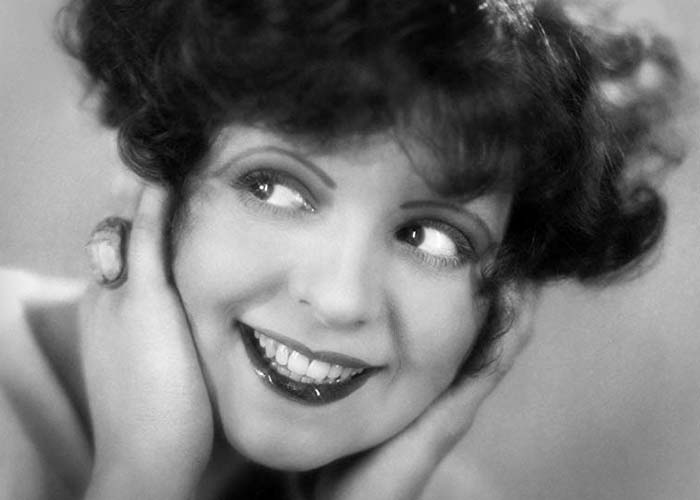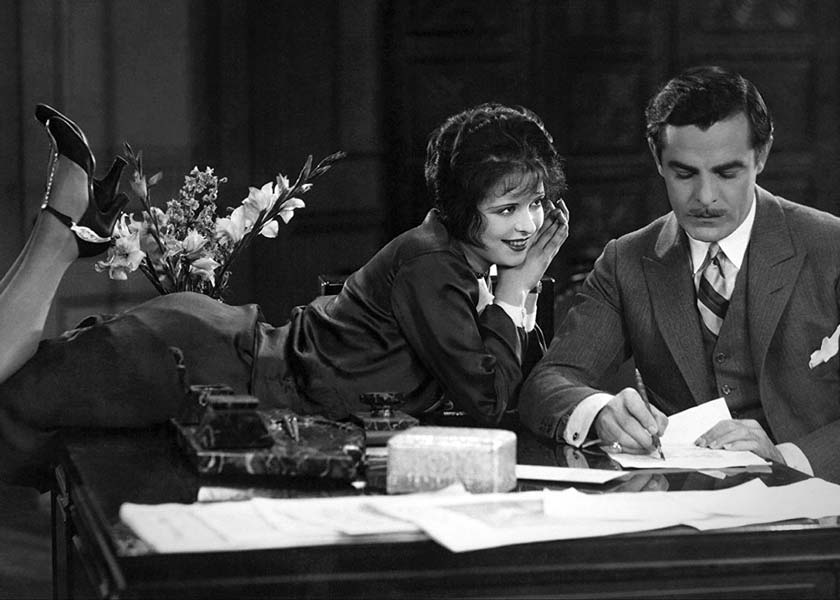Synopsis
Shop girl Betty (Bow) is enamored of her boss, Cyrus (Moreno), the owner of the department store where she works. She is determined to catch his attention, and when they meet, he is attracted to her. However, a misunderstanding causing him to think she is an unwed mother and hiding the fact from him, separates them. Invited onto his yacht by another man, she assumes the character of a free-living flapper. As she intended, her impersonation torments him. However, love cannot be denied. Betty shows her true character and she is happily united with Cyrus.
Discussion

Clara Bow was born in Prospect Heights, Brooklyn, New York City (her Brooklyn accent was first heard in Wild Party, 1929). She was her parent's third daughter and the first to survive babyhood. Her childhood was miserable. Her family was poor, and her father often absent. Bow cared for her mother who suffered epileptic seizures and psychotic episodes.
Bow had no acting experience when she entered movies. However, she was a natural talent, and her quality is immediately visible on screen. When she was seventeen, after making a few films in New York, Bow went to Hollywood. She signed a personal contract with B.P. Schulberg, the head of Preferred Pictures, a small, independent studio. In 1926, Schulberg was hired to run Paramount Studios, and he sold Bow's contract to his new studio. By 1927, she was a major star who embodied the emerging concepts of the modern young woman.
Novelist Elinor Glyn coined the term It, which she defined as an innate capacity to fascinate others combined with an indifference to whether one pleases or not. Glyn makes an appearance in the film and specifically applies the term to Bow's character. Clara Bow came to be known as the It girl.
TCM Film Festival, 2013
It was shown in the Special Presentations
category at the TCM
Classic Film Festival in 2013. Film historian David Stenn, author of
Clara Bow: Runnin' Wild, introduced the film and discussed Clara
Bow's early career.
Further Reading

